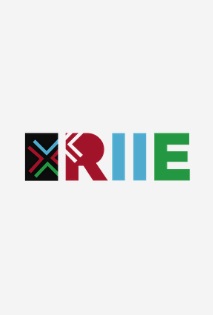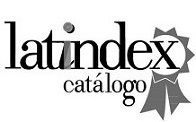“You learn by doing” practices, knowledge and forms of transmission in fishing and masonry. Qualitative study in north-eastern Argentina
DOI:
https://doi.org/10.30972/riie.092390Keywords:
Fishing, Masonry, Learning, Transmission, Qualitative StudyAbstract
The purpose of this papper is to analyze the experiences, knowledge and their forms of transmission in two groups of manual workers, fishermen and masons. This issue is important because it helps to elucidate what this office communities contribute to the incorporation of knowledge in non-formal learning environments. The proposal is to make visible and rank a space which is not recognized usually by academic studies: the trade as a field where is learn and validate knowledge.
For the study was a deliberate cases selection. Fishermen and masons were observed and interviewed in their working contexts. The first constitute a group of fishermen of sweet water whose work is develop in both Chaco and Corrientes banks of the Paraná river. The seconds are a official masons group with long trajectory in the craft whom reside in Pcia. Roque Sáenz Peña, Chaco. The description and comparison of them learning modes and them knowledge transmission in both groups not only allows an information systematization that can be input for curriculum politics decisions and in contents organization in modalities as the young and adults education as well for the professional training, but also is a extremely valuable contribution in the recognition of them cultural mediations in them transmission processes.
Downloads
Downloads
Published
How to Cite
Issue
Section
License
Aquellos autores/as que tengan publicaciones con esta revista, aceptan los términos siguientes:
- Los autores/as conservarán sus derechos de autor y garantizarán a la revista el derecho de primera publicación de su obra, el cuál estará simultáneamente sujeto a la Licencia de reconocimiento de Creative Commons que permite a terceros compartir la obra siempre que se indique su autor y su primera publicación esta revista.
- Los autores/as podrán adoptar otros acuerdos de licencia no exclusiva de distribución de la versión de la obra publicada (p. ej.: depositarla en un archivo telemático institucional o publicarla en un volumen monográfico) siempre que se indique la publicación inicial en esta revista.
- Se permite y recomienda a los autores/as difundir su obra a través de Internet (p. ej.: en archivos telemáticos institucionales o en su página web) antes y durante el proceso de envío, lo cual puede producir intercambios interesantes y aumentar las citas de la obra publicada. (Véase El efecto del acceso abierto).






.jpg)




